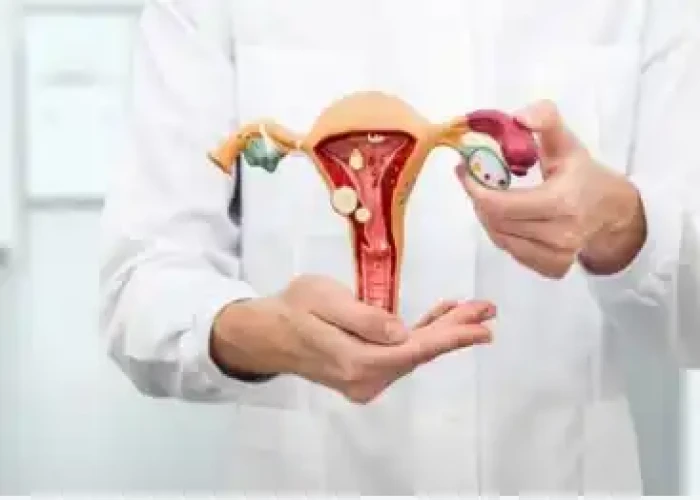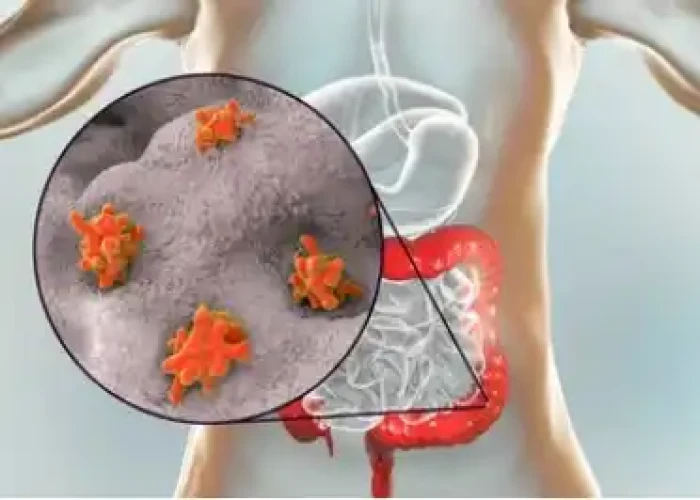 Welcome
Welcome
“May all be happy, may all be healed, may all be at peace and may no one ever suffer."
Arthritis in the legs - Yoga remedies
Arthritis in the legs can refer to a variety of conditions that affect the joints in the legs, including the knees, hips, ankles, and feet. The most common types of arthritis that affect the legs are osteoarthritis and rheumatoid arthritis.
Osteoarthritis of the legs is a degenerative condition that typically develops slowly over time due to wear and tear on the joints. It can cause pain, stiffness, and swelling in the affected joints, and may eventually lead to joint deformity.
Rheumatoid arthritis is an autoimmune condition that can affect any joint in the body, including those in the legs. It causes inflammation and damage to the joint tissues, which can lead to pain, stiffness, and swelling. Rheumatoid arthritis can also cause fatigue, fever, and weight loss.
Treatment for arthritis in the legs may include medications, such as NSAIDs or DMARDs, to manage pain and inflammation. Physical therapy and exercise can help improve joint mobility and strength. In severe cases, surgery may be necessary to repair or replace damaged joints.
It is important to consult with a healthcare professional for an accurate diagnosis and appropriate treatment plan for arthritis in the legs.

Digestive system is weak

Uterine displacement

Dysentery

Difficult delivery

Jaundice

Insomnia

Bile colic

Indigestion (Acidic)
Arthritis in the legs, পায়ে বাত
To be happy, beautiful, healthy, wealthy, hale and long-lived stay with DM3S.





